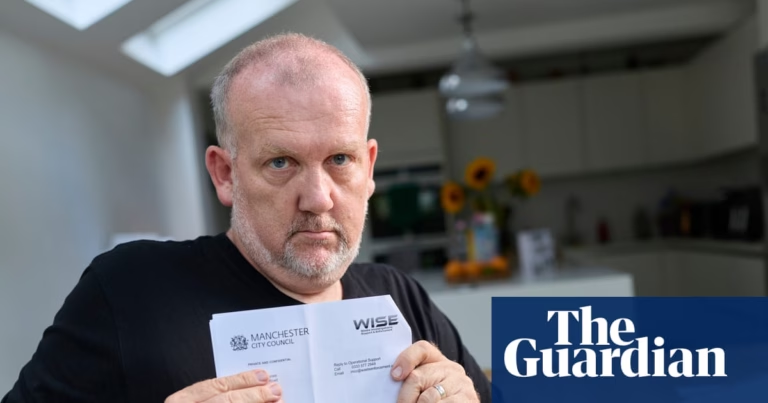The resignation of Angela Rayner as both deputy prime minister and deputy Labour leader has sparked a frantic internal election battle to choose her successor and potentially a simultaneous struggle for the party’s identity.
Rayner, who was highly regarded as a potential future leader within the party, stepped down from her government positions and deputy leadership following the independent adviser on ministers’ interests ruling that she had breached the code by underpaying stamp duty on her flat in Hove.
Rayner’s resignation now necessitates a Labour party election for the deputy leadership. However, the winner of this contest may not necessarily become the deputy prime minister, as David Lammy has now been appointed to that role.
This intra-party contest arrives at a challenging moment for Prime Minister Keir Starmer. Starmer’s handling of the situation could prove critical as polling consistently shows Labour trailing in the summer months. Furthermore, internal polling among Labour members shows dissatisfaction with the party’s direction, as well as waning approval of Starmer himself.
Despite this discontent, certain ministers and MPs remain popular with the Labour base, which could influence the race for deputy leader. Labour members are likely to choose a representative from the party’s left-wing who can advocate for the party’s core values, as Rayner did in her role.
The party’s national executive committee will soon convene to determine the schedule and procedure for the internal contest. Under current rules, candidates must receive nominations from 20% of their fellow Labour MPs, 5% of local Labour party branches, and three party affiliates, at least two of which must be trade unions.
These potential candidates for the deputy leadership include Shabana Mahmood, the new home secretary with a strong reputation for her organizational skills; Ed Miliband, the most popular cabinet minister among Labour members; Emily Thornberry, a veteran MP and chair of the foreign affairs select committee; and others.
The contest will test Labour’s ability to balance its grassroots support with its governmental responsibilities. The outcome will have significant implications for the party’s policy direction and Starmer’s leadership.
Source: https://www.theguardian.com/politics/2025/sep/06/who-could-replace-angela-rayner-as-deputy-labour-leader







